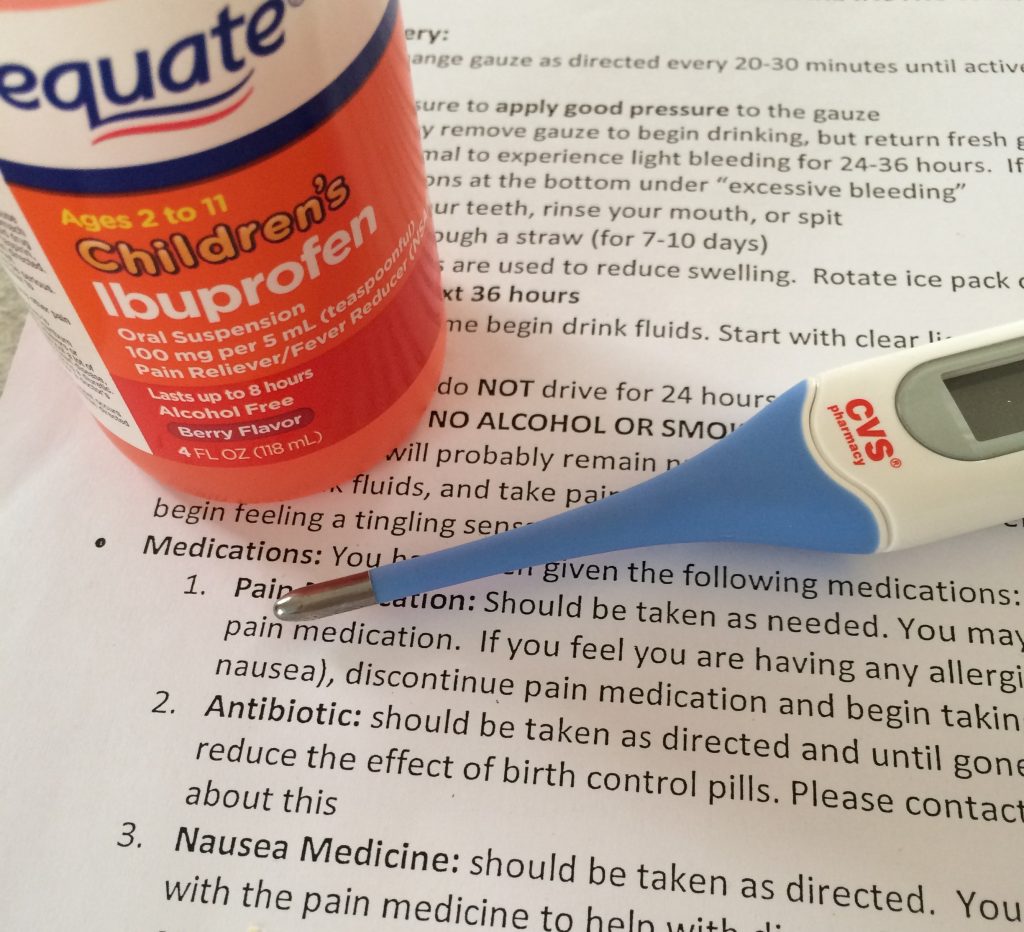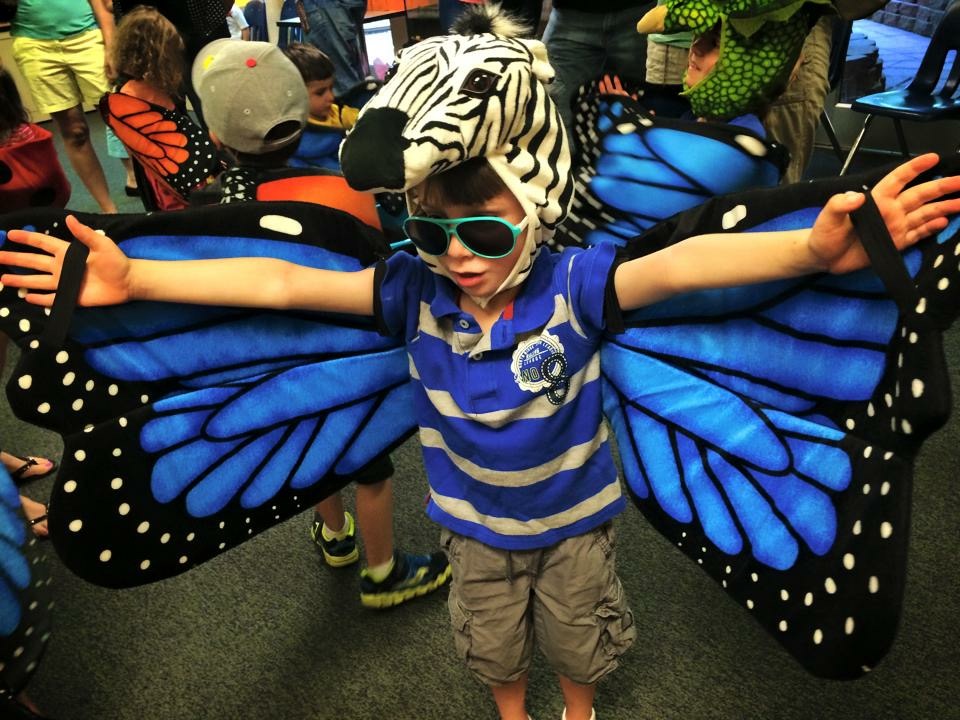Vaccines are essential for students and teachers to have when they go to school. In the classroom, lunch room, gymnasium, and hallways, it is easy to pass diseases. Vaccinating students protects everyone.
Schools require vaccines for the most contagious diseases. Since the introduction of vaccines, most deadly diseases have been eradicated. However, according to the Washington Post-KFF poll, “1 in 6 parents have delayed or skipped some vaccines for children, excluding the coronavirus or flu. Nine percent have skipped the polio or measles, mumps and rubella (MMR) shots”.
Vaccines Concerns
There is concern that a child might receive too many vaccines, which could lead to adverse side effects. They lack trust in federal health agencies. They don’t understand or recognize vaccines as preventing deadly diseases. However, without vaccines, there is a risk that dangerous or deadly diseases could return.
- Measles activity is increasing. Measles can be serious because it weakens the immune system. It can result in death.
- Whooping cough rates have increased. This is a serious hacking cough that doesn’t result in death but can cause breathing problems.
- Rubella is similar to measles. It causes serious complications in pregnant women that lead to birth defects.
Concerns about side effects are understandable. Most side effects are minor and manageable, according to doctors. Some parents fear that vaccines cause autism. Studies also show that there is no connection between vaccines and autism. Parents who choose not to vaccinate or delay vaccines often homeschool their children. However, homeschooled students still socialize with others and can catch and spread diseases.
Some believe the schedule for vaccinating children is too aggressive. This is a myth. Years of media evidence indicate an optimal window of time when vaccines are most effective in keeping children from diseases. Many are recommended for young children to prevent death.
The Unvaxed
When students are unvaccinated, they put others at risk. Parents tend to skip vaccines because most harmful diseases are rare. However, when parents do not vaccinate students, a once-deadly disease is likely to come back and spread quickly. Parents with unvaccinated school children feel that herd immunity protects them from diseases because other students are vaccinated. However, herd immunity isn’t a shield for protection against new strains of a disease. The best protection is following the vaccination schedule set by doctors for students to enter the school environment.
State Laws
Each state establishes its vaccination requirements for school students. These requirements pertain to public, private, and other types of schools. Currently, all states require students to be vaccinated against certain communicable diseases to attend school. Many states follow the recommendation from the Centers for Disease Control and Prevention Advisory Committee on Immunization Practices. States allow exemptions for students who are unable to receive vaccines due to medical or religious reasons.
Vaccines keep students, teachers, and their families safe. When vaccines are skipped, many run the risk of spreading diseases such as flu and measles. The HPV and hepatitis B vaccines keep students safe from the leading forms of cancer. All states must require students to be vaccinated. Vaccination requirements are a crucial tool for reducing the spread of diseases.



